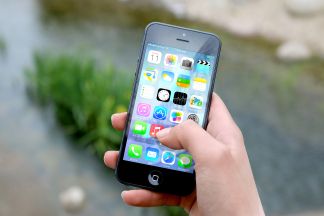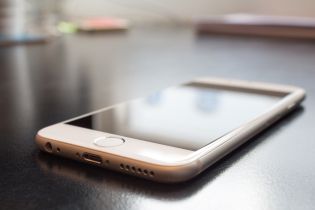The job of our government is to protect its people and put the policies that they want into place. In this process, people give up liberties so that the government has the power to watch out for us. Is it possible that they go too far sometimes though?

A major debate is currently taking place worldwide and it is about the government’s insistence that companies like Apple and Google should decrypt its communication systems so that they can monitor criminal and terrorist activity. Since incidents like 9/11 and Eric Snowden leaking confidential United States National Security Agency (NSA) information, many government officials and offices have been trying for more surveillance of citizens communication. The Snowden incident changed the way companies like Apple viewed customer protection, though.

In a nutshell, they are safeguarding us from our own government. Apple and Google are not considered telecomm
unication firms, therefore the government cannot wiretap their devices and do not have keys to access them. Even Apple denies having access to the data that is not on iCloud. Apple does not keep copies of messages unless they are backed to iCloud where they become decoded. They have cooperated in the past with law enforcement and shared messages and other information that were on iCloud with them to help investigations. Is the access for law enforcement is asking for too much then?
The Justice Department does not believe so and got a court order for Apple to turn over data that included real time text messages in 2015. Apple denied
the notion and said they could not do it due to the encryption. While the sides have
yet to go to court, a battle the Justice Department believes is a long shot to win anyway, it is clear that the two sides are not seeing eye-to-eye. Chief executive of Apple, Tim Cook, has been vocal on not allowing anyone access into their company’s data.
“There’s another attack on our civil liberties that we see heating up every day… it’s the battle over encryption,” Timothy D. Cook said. “We think this is incredibly dangerous.”
If the two sides do end up going to court and the Justice Department wins, we could be heading into dangerous territory. Would that mean that with every new communication device that comes out the government should be able to monitor it? Are there going to be any policies put into place that stops them from viewing everyone’s data? These are the questions we have to ask ourselves. And it is not only America
that is being affected by this debate.

Apple is an international company, so whatever happens with it in America is likely to set a precedent with other countries who are way more strict. These governments will be able to access data that if used corruptly can change the lives of millions for the worst.
We have to be careful with how much power we give to those who govern us. They claim that they are trying to protect us, but do they really need that much access to do so? Probably not. Both sides should try to work out a deal that is more beneficial to both parties, but as of now, iCloud data should be enough for the government. There is no telling what else they could try to pull with data found through our technology. By the power of the 4th Amendment, I rest my case.


